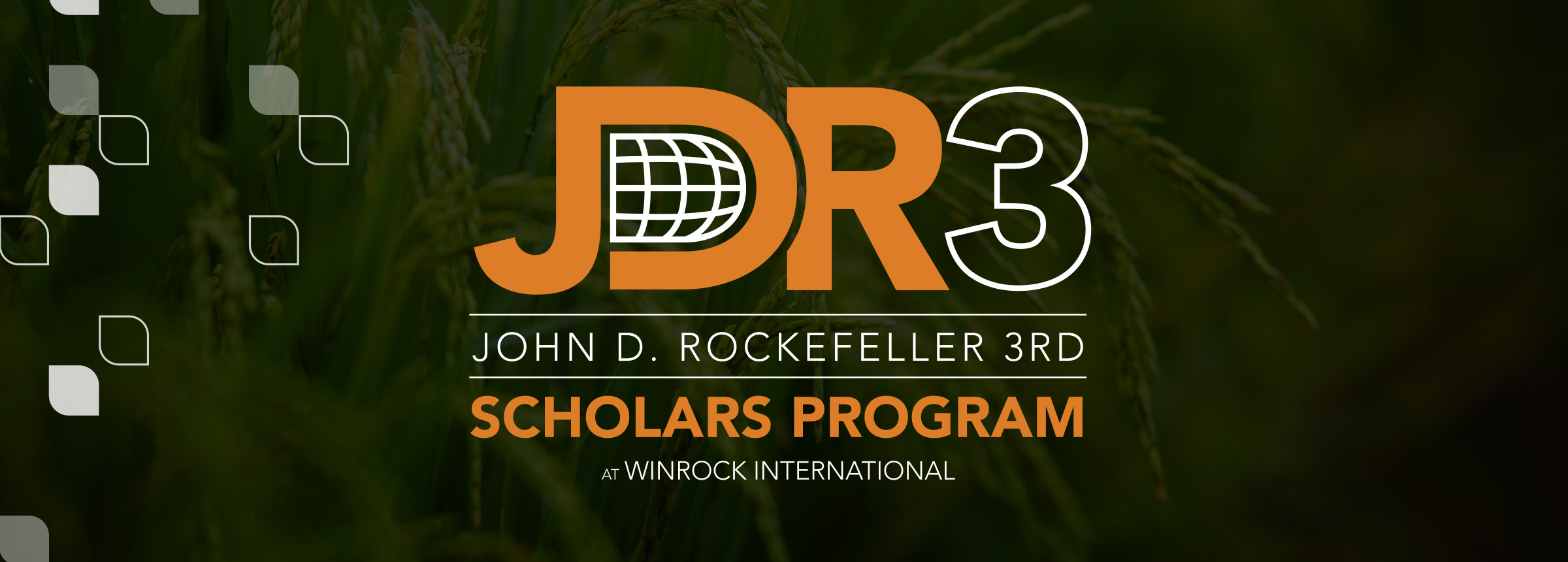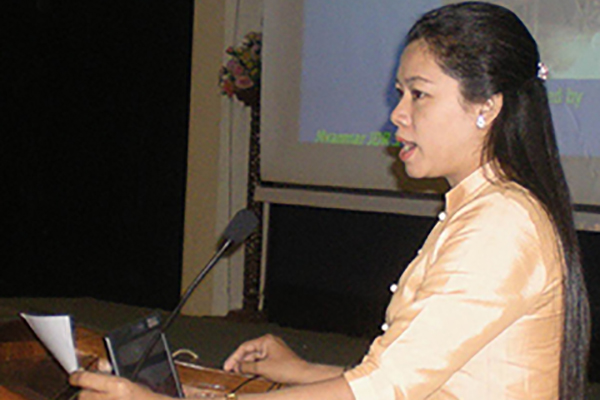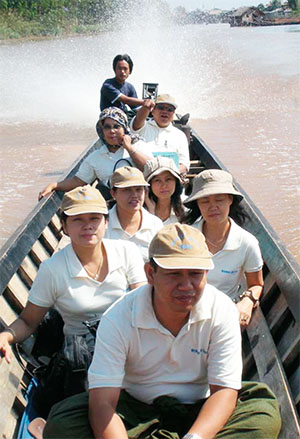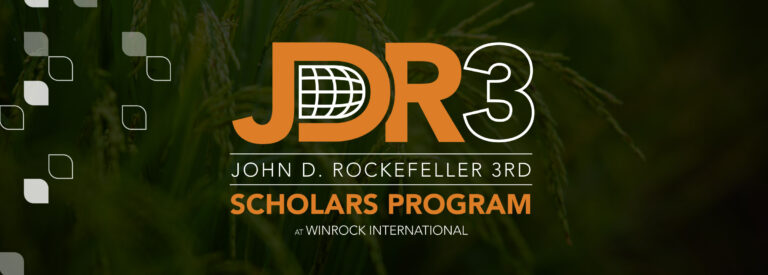
My Experience with the JDR 3RD Scholars Program
Dr. Ai Thanda Kyaw
The United Nations’ Food and Agriculture Organization (FAO) and Winrock International co-funded a one year JDR 3RD Scholars team to assess the socio-economic impacts of Avian Influenza (AI) on rural poultry farmers in Myanmar.

The winning research team, commissioned through an open grant competition, was led by Dr. (Ms.) Ai Thanda Kyaw, Assistant Veterinary Officer at the Yangon City Development Committee. She and her team carried out the first participatory household survey conducted by the Ministry of Livestock in Myanmar. The survey yielded a clear picture of the impacts of AI outbreaks and government control measures on village poultry farmers.
In 2006, I had just come back home to Myanmar from Germany after completing a master’s degree in ecology. At this time AI hit Myanmar and the neighboring ASEAN countries in a significant manner.
As the municipal veterinary officer based in Yangon, my task was to control and manage live bird markets in Yangon, which are key conduits in the poultry supply chain in Myanmar. Live poultry from different regions of Myanmar is transported here and then marketed live, or as meat, to regional and local markets across Myanmar.
Following the AI outbreak, my duties involved working closely with the Myanmar Livestock Breeding and Veterinary Department (LBVD), the FAO, and other organizations.
I was familiar with handling and managing challenges in the veterinary sector, but like many others in my profession, I had never had the experience of looking at poultry production or livestock in general from the perspective of the producers themselves. I knew that understanding the role of local producers was an important part of the solution, but lacked the resources required to investigate this in detail.
The JDR 3RD Scholars Program provided me a completely different insight into poultry and livestock. The study, “Socio-economic impact assessment of HPAI infection and prevention and control strategies on rural poultry producers in Myanmar” enabled me, as a technician, to assess the impacts of prevention and control strategies on rural poultry producers, which as I discovered, included almost 80 percent of Myanmar’s rural population.
Talking to rural families in remote areas of Myanmar, I learned some of the most important lessons relating to effective pandemic disease prevention and control. Many local people know how to control disease, but they are unable to follow the prescribed best practices due to financial and social limitations. The solution to effective control is one that is built on the ground realities of people’s financial and social conditions, as well as on the capability of locally-based agencies responsible for livestock production.
The JDR 3RD Scholars Program allowed me to work as the leader of a multidisciplinary team that included researchers from the veterinary sector, the agriculture sector, the Department of Statistics and also the private sector. I found that every team member had different expertise. As a team, our ability to conduct high-quality research was far greater than the sum of our individual strengths.
Handling the administration and management of the process provided me useful experiences in financial, human resources, and time management. I also came to understand regional experiences in dealing with pandemic disease control through participation in an international workshop that the Program supported me to attend in Thailand.

The most important thing I learned from this study was that while research findings might be very interesting, the work has little real value if it cannot be communicated well to decision makers.
Furthermore, a study can generate many useful recommendations, but these need to be practical and accessible to the implementing agencies on the ground. The JDR 3RD Scholars Program enabled our team to work closely with experienced supervisors from the LBVD, FAO and the local government agencies.
Working with them allowed me to understand what works and does not work in policy and program implementation. I would not have learnt all of this if it was not for this study. I want to thank Winrock International’s JDR 3RD Scholars Program for giving me this unique chance to enhance my personal and professional knowledge and experience.
The team’s recommendations to improve AI policies related to small farmers attracted attention from the Ministry of Livestock and international donors. As a result, in spring 2009 the team was contracted by FAO to assess AI socioeconomic impacts and poultry trade on Myanmar’s western border, an area not covered by the JDR 3RD study. Through this study and others, the Ministry of Livestock is working to follow up on the team’s policy recommendations.
Now nationally known for their participatory research skills, Dr. Ai Thanda Kyaw and her team have attracted interest from other donors. In late 2008 the team was contracted by IDE Myanmar to conduct a survey assessing their food and seed distribution program in Nargis-affected areas of the Ayerwaddy Delta.
Related Projects

